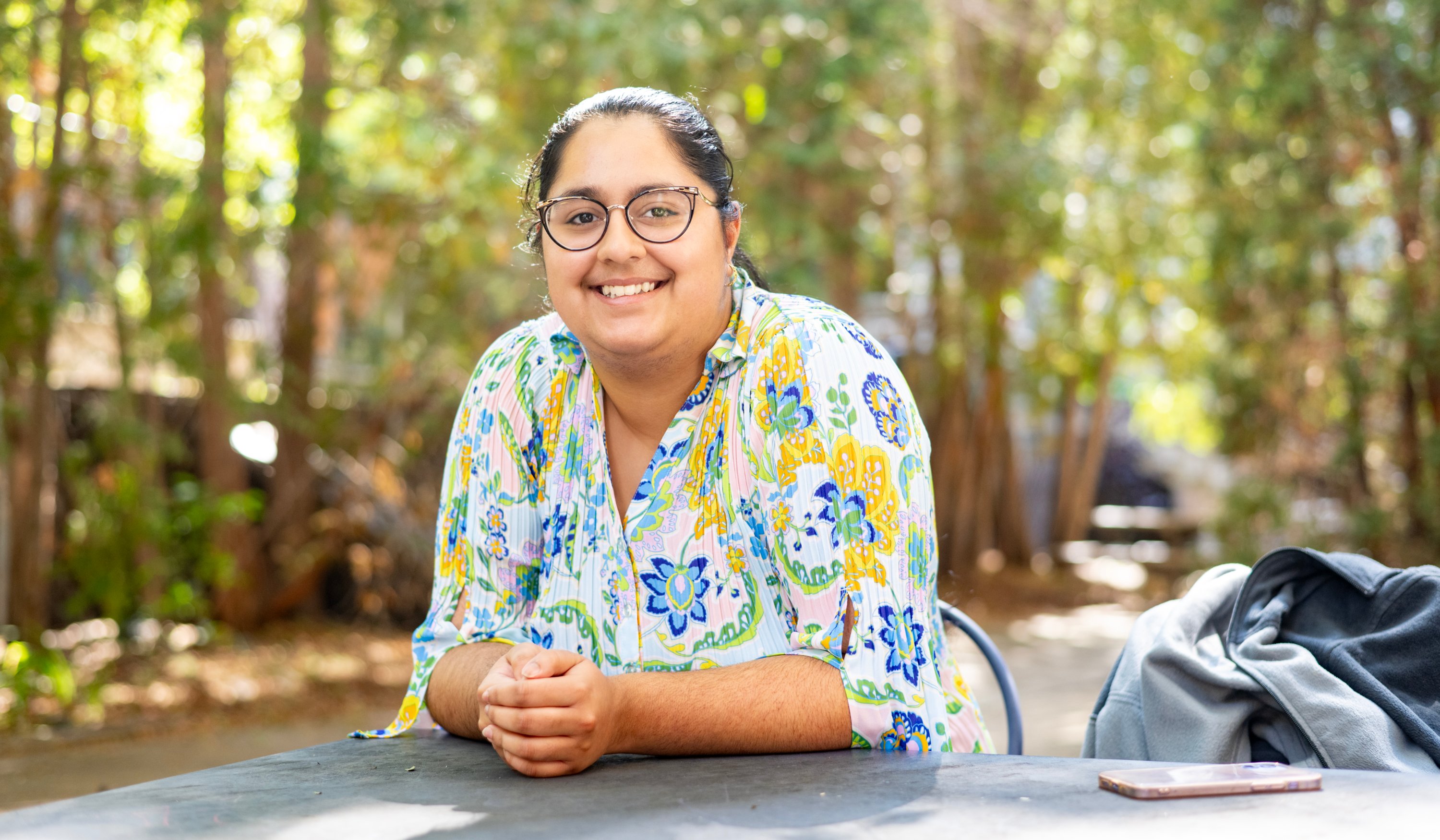Ashbani Kaur saw her mom as the first woman in her life to work in STEM and was inspired to chase her dream to study computer science, particularly due to the gender inequality within the high-tech industry.
“She instilled in me a deep respect for the value of education, which I hope to share with others around me.”
Kaur’s problem-solving nature and curiosity now fuel her studies as a computer science student at the University of Alberta — one of six U of A students to receive the Schulich Leader Scholarship, an annual award of up to $120,000 supporting entrepreneurial students pursuing undergraduate science, technology, engineering or mathematics degrees at 50 Canadian universities.
Kaur says she is motivated by a belief that technology is the most critical tool in today’s world to tackle many, if not all, global hurdles.
She studies the practical use of machine learning and has already co-written two papers and completed a summer internship with Nokia.
“Our goal is to build tools that explain decisions generated by artificial intelligence and ‘black box’ models,” she says.
“This can ensure the safety of these models in critical domains such as biometrics, which we are specifically exploring.”
With an additional passion for education through technology, Kaur worked as a tutor and built a website for students learning French as a second language. Learners can access videos and notes discussing vocabulary, grammar and oral speaking tips.
“My personal motto is educate yourself and educate others,” she says.
Kaur hopes to start her own business creating educational apps for K-12 students after gaining further practical experience in the tech industry.
“This will allow me to apply my programming skills throughout the engineering process of my company’s tools and continue sharing knowledge with others,” says Kaur.
“I feel confident pursuing my studies with the support of the U of A and a network that believes in my leadership and creativity.”
Colin Fearing
After seeing a film set for HBO’s The Last of Us shut down an entire street in his hometown of Canmore, Colin Fearing wondered whether an alternative was possible to do the same work for a fraction of the cost.
Since then, Fearing has aspired to use computer science to create tools that can enhance the capabilities of independent artists, filmmakers and game developers, to allow them to share their stories without the need for costly teams and sets.
Fearing is now a first-year computing science student at the U of A, which he says “is the perfect place to explore the applications of artificial intelligence in Alberta’s film and animation industries.”
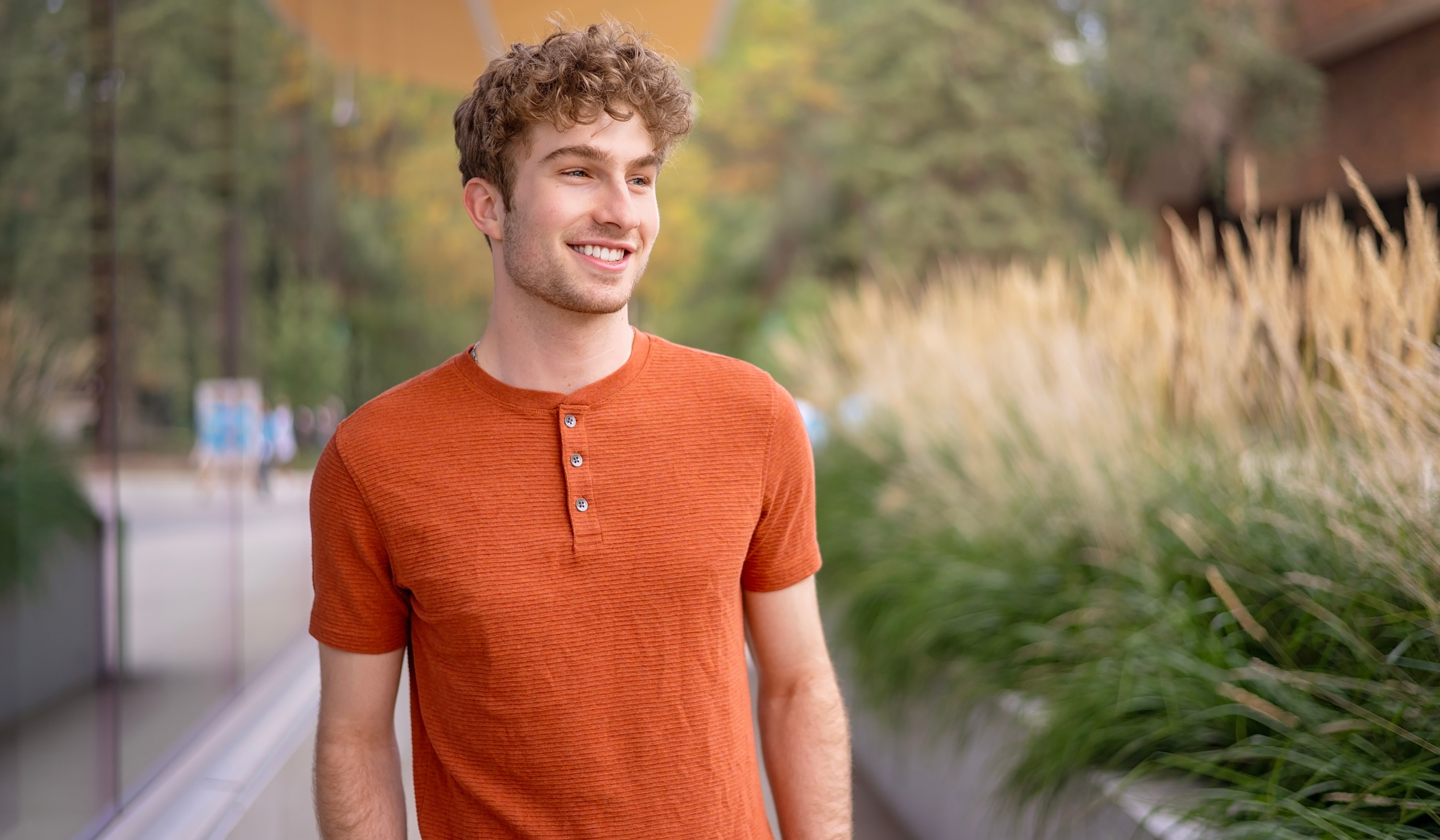
As a lifelong maker of everything from hand-weaved blankets to augmented-reality mobile apps, Fearing is excited for the opportunity to learn outside of his comfort zone and create something new. With more time thanks to the Schulich award, Fearing will combine his studies with his personal passions of game design, machine learning, 3D scanning and AI-augmented filmmaking.
“This is a once-in-a-lifetime opportunity,” he says. “The connections I’m making through the Schulich Foundation will help me share my love for visual communication and cinematography with the U of A and beyond.”
Fearing also hopes to use his computing science education to help prevent mass misinformation as AI becomes more mainstream and educate people on the benefits and dangers of this rapidly advancing technology through games, films and virtual reality.
“The ability to detect malicious uses of AI and prevent systematic bias, political deepfakes, cloned voices and doctored images from altering the truth will be essential.”
Maxwell Nganyadi
The Schulich Scholarship is particularly meaningful for Maxwell Nganyadi when he thinks of his mom and all of the sacrifices she made as a shift nurse to support him and his younger brother.
“I’m sure either way it would’ve been worth it to her, but the scholarship certainly doesn't hurt,” says Nganyadi.
Now in his first year studying computer science at the U of A, Nganyadi got his start coding when he was younger because he thought he wanted to be a game developer, but later saw an opportunity to create an application called Shifter to help his mom schedule nursing shifts faster.
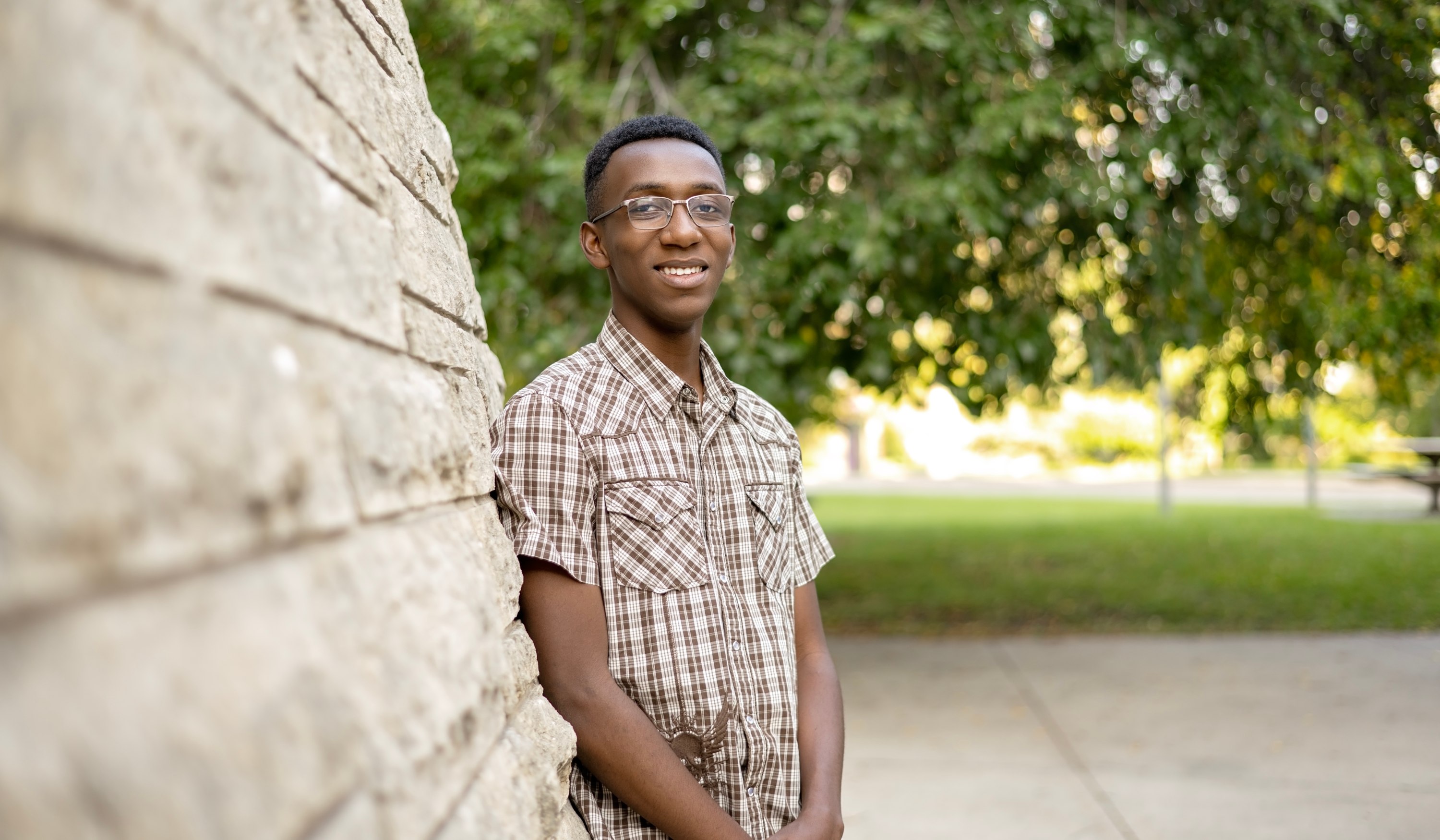
“I saw a problem my already-stretched-thin mom had to deal with, and using my budding skills in programming developed a tool that not only she but anybody could use.”
“The self-pride I felt when creating something so useful to my mom made me realize that solving problems was something that motivates me.”
In the future, Nganyadi sees himself as a software engineer who studies computational physics, applying the predictive power of machine learning and simulation to improve fusion reactors.
“Machine learning is already being used to predict and handle plasma instabilities and continues to make fusion a more viable energy source.”
Nganyadi also sees his award as a testament to how many people believe he has what it takes to excel and contribute — which helps him believe in himself.
“Proving myself and them right is all the motivation I need, and this scholarship will be an incredible aid along the way.”
Peter Menghesha
Peter Menghesha has known what he wanted to do when he grew up since second grade, when he participated in the Association of Professional Engineers and Geoscientists of Alberta’s Science Olympics.
“I was captivated by the experience and I vowed to become an engineer,” says Menghesha.
Now in his first year studying engineering, Menghesha plans to specialize in mechanical engineering after working as an intern in the field for the past two summers.

In collaboration with upper-year STEM students, Menghesha co-directs Pursuit to Wholeness, an initiative that promotes the holistic development of youth in his community.
“We’ve held STEM workshops, panel discussions, conferences with speeches from leaders of various fields, and more.”
Receiving the Schulich Leader Scholarship is an honour for Menghesha that he hopes will reinforce his goal of leading an engineering startup in the future.
“I’ll now be able to wholeheartedly chase my dream of becoming a leader in mechanical engineering.”
Sofia Sejutee
Sofia Sejutee felt a tremendous sense of relief after receiving the Schulich scholarship; she says her life has completely changed in every way possible.
“The day I found out I was a Schulich Leader was hands down the absolute best day of my life and it’s going to be very difficult to top it,” she says.
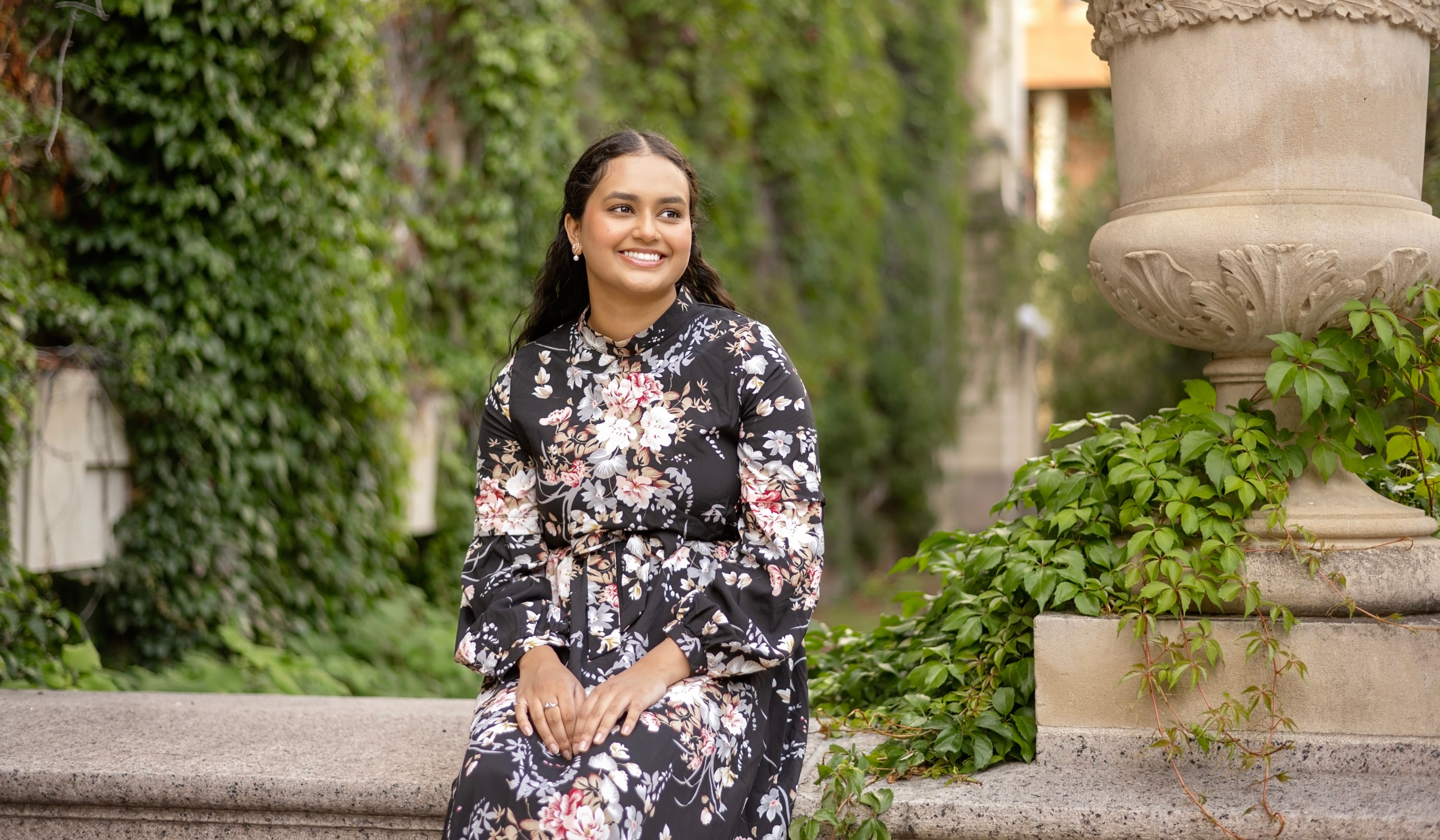
The award provides financial relief for Sejutee’s family as she begins her studies in the Faculty of Engineering after graduating as valedictorian of her class at Ross Sheppard High School — the first Schulich Leader to hail from the school.
Sejutee has been a STEM-oriented person from an early age after winning the Student Spaceflight Experiments Program Mission 14 competition, in which she designed and sent an experiment to the International Space Station.
The competition victory helped Sejutee gain an interest in aerospace, and she now envisions a future working in the aerospace industry as a computer engineer.
“I’m excited for the lifelong opportunities that come with becoming a part of a network of accomplished and trailblazing global leaders who are improving the world,” says Sejutee.
“I’m truly interested in the real-life practical applications of sciences to creatively solve problems and improve our lives.”
Stephen Squires
Growing up in a single-parent household, Stephen Squires knew that post-secondary education could one day be a financial obstacle.
At times, he balanced multiple part-time jobs and demanding academic high school courses to help fund a small portion of his post-secondary education and family expenses.
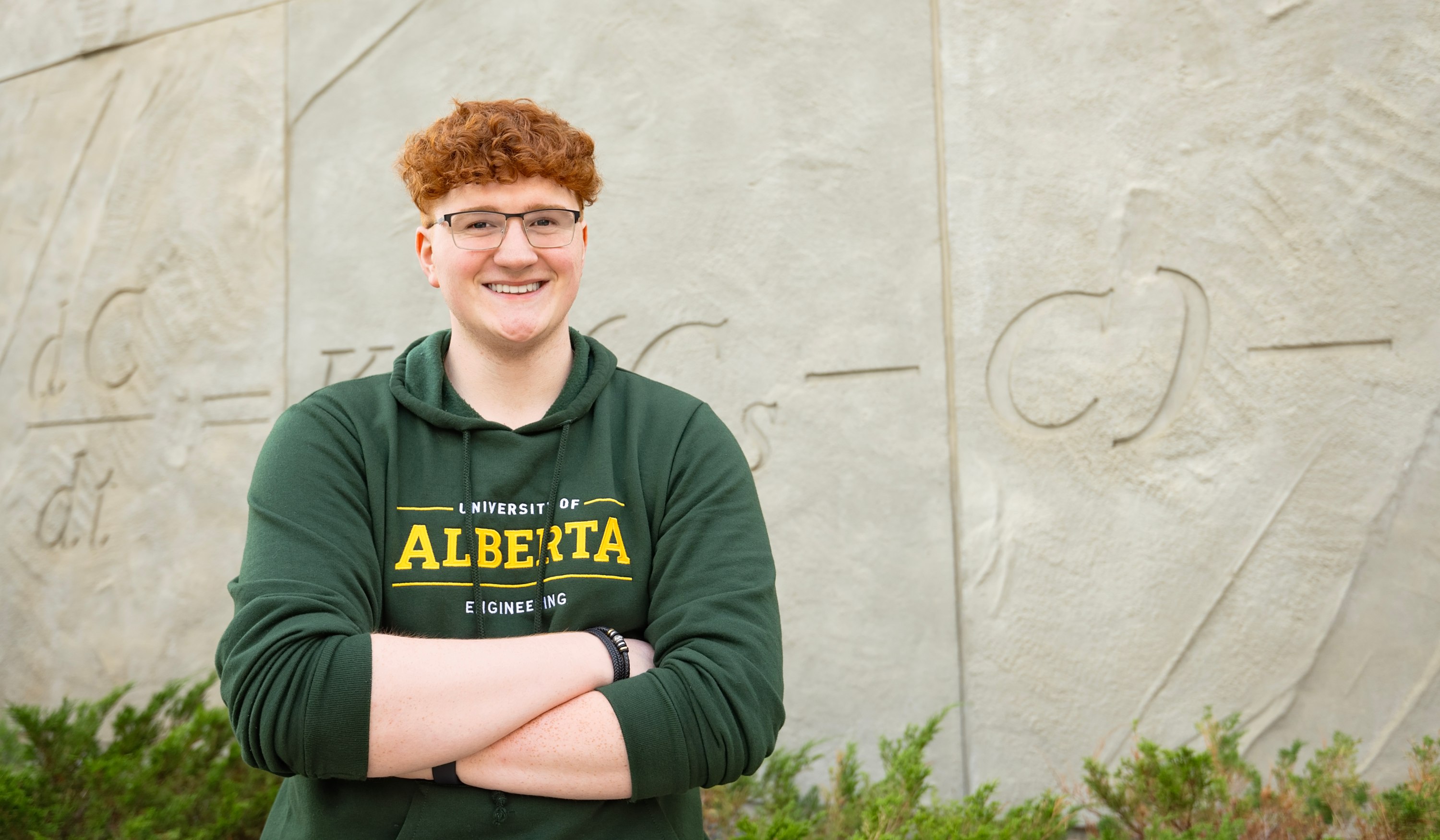
Now, he says the Schulich Scholarship has altered his life path completely. “The opportunity opened so many doors for my future endeavours.”
With an academic background focused on robotics — particularly in remotely operated vehicles, or ROVs — Squires took the initiative to start a robotics team at his school to compete in the Marine Advanced Technology Education Center’s annual competition.
“Being Holy Hearts of Mary ROV’s CEO and president, I developed teams in coding, design and fabrication, marketing and safety regulations, who all work in collaboration to build a ROV.”
With that experience leading teams with varying expertise under his belt, Squires plans to become a professional in mechatronics — an interdisciplinary blend of mechanics, electronics and computing — to conduct applied research and start his own company to design ROVs for extreme climates and deep-sea research.
“I see myself being an industry leader in the development of untethered ROV production.”
